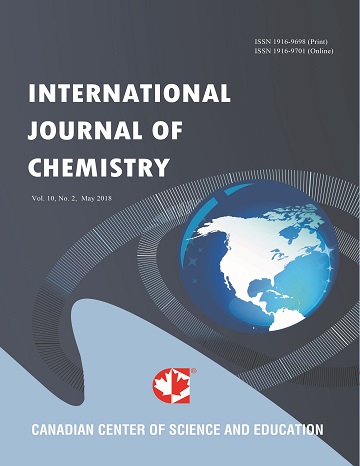Evaluation of the Effects of Hypo-Magnetic Fields on Mouse Macrophage RAW264 Cells
- Nipitpon Srimai
- Wasawat Kiatarkom
- Hidetake Miyata
Abstract
Hypo-magnetic fields (HMFs) are static magnetic fields that are significantly weaker than the geomagnetic field and are found in interplanetary space, on Mars, and the Moon. Understanding the mechanism of the biological effects of HMFs is an important topic in magnetobiology. Human physiology studies have shown that HMFs cause various adverse health effects such as increased blood pressure and blood flow rate. Previous studies on the effects of HMFs on cells revealed a variety of effects, such as a change in growth rate, a decrease in mitochondrial membrane potential, and an increase in reactive oxygen species. A decrease in mitochondrial membrane potential (DFm) may seriously impair cellular activity by interfering with the production of ATP. Thus, a deeper investigation of the effects of HMFs on mitochondrial function could provide clues to understanding the adverse effects of HMFs. In the present study, we used mouse macrophage RAW264 cells to investigate the effects of an HMF on mitochondrial membrane potential, mitochondrial superoxide anion (O2-) production, and cell proliferation.
- Full Text:
 PDF
PDF
- DOI:10.5539/ijc.v13n1p12
Index
Contact
- Albert JohnEditorial Assistant
- ijc@ccsenet.org
